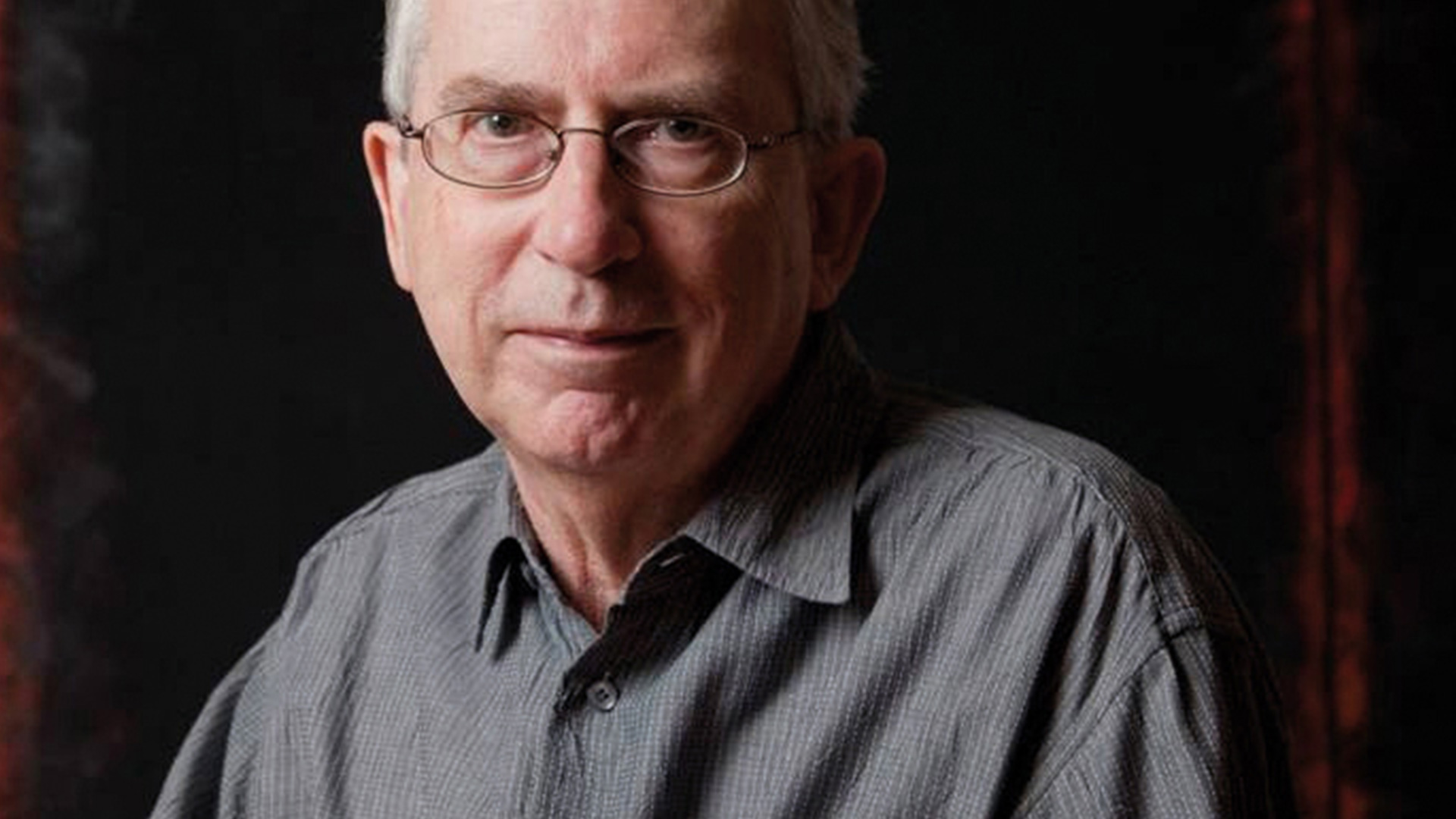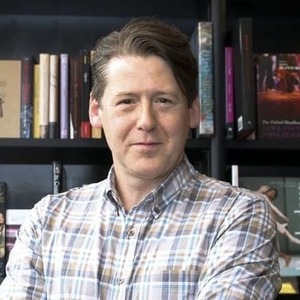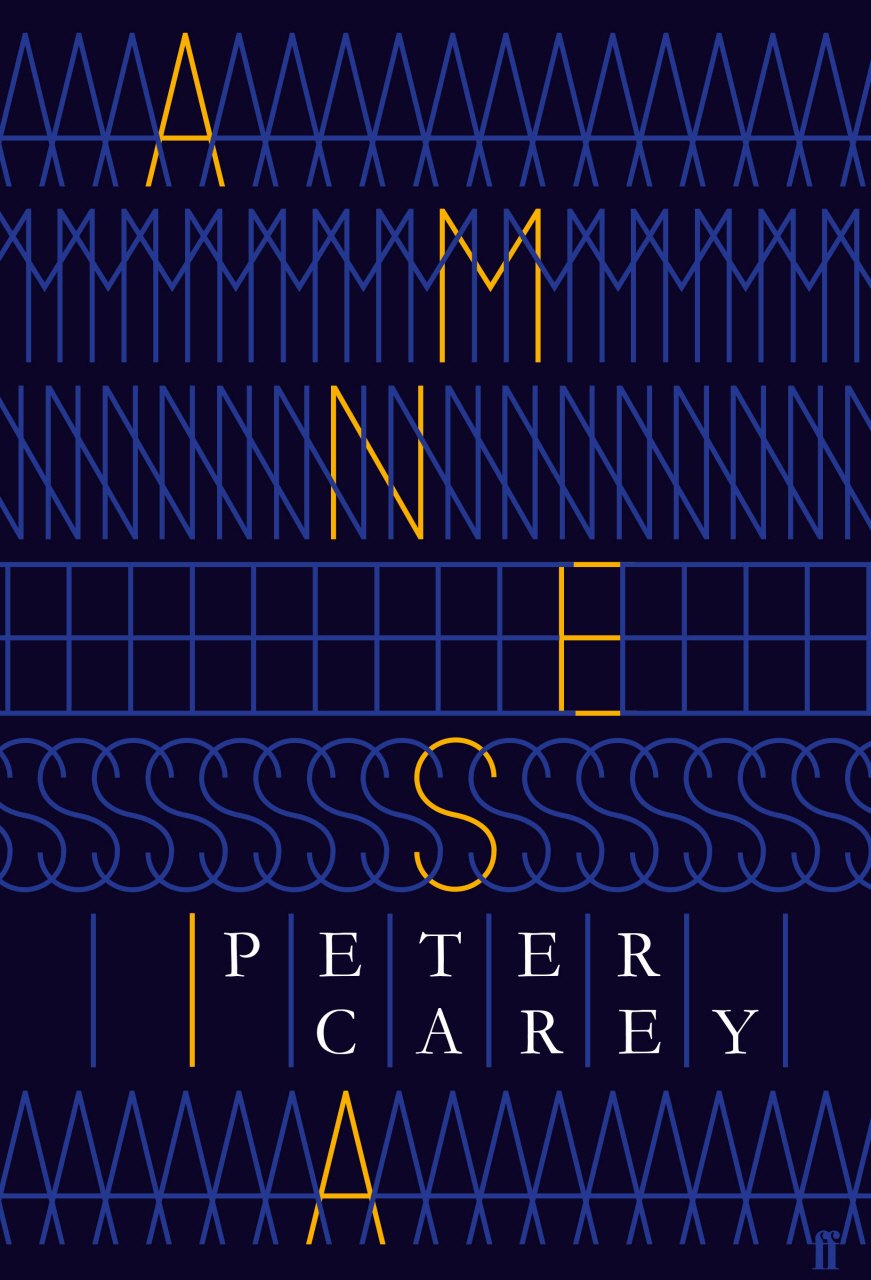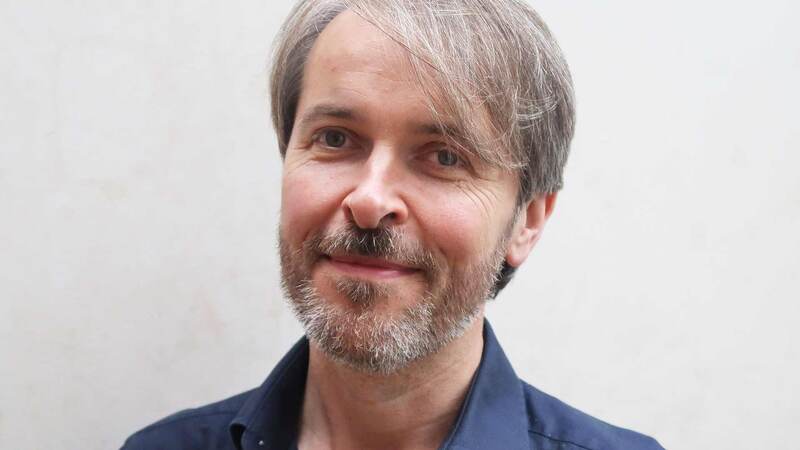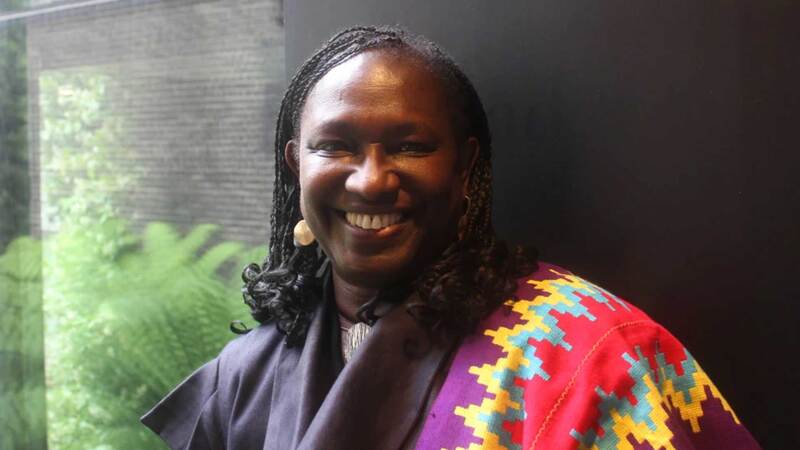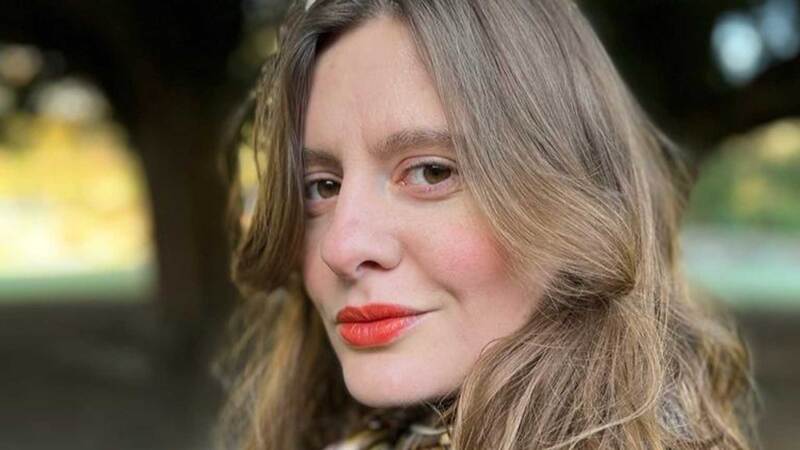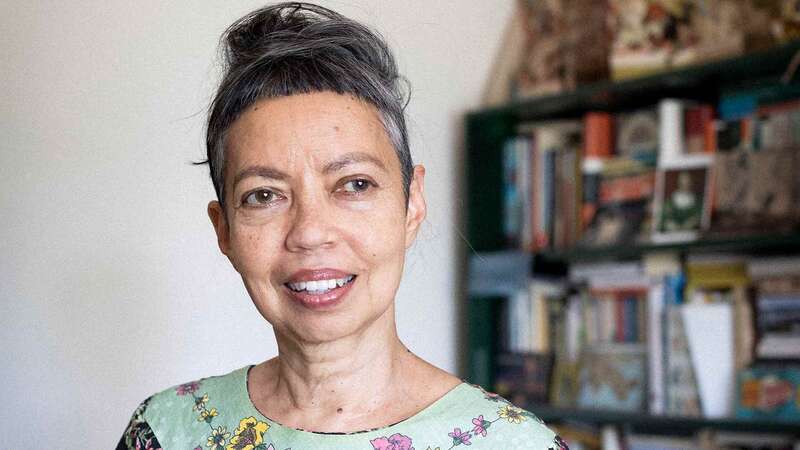You are viewing your 1 free article this month. Login to read more articles.
Peter Carey discusses his most overtly political book to date
The two-time Booker Prize winner reveals the motivation behind his new direction and why publishers need to raise their game
It is early morning in Manhattan and pneumatic drills are hammering outside Peter Carey’s Soho apartment, but the novelist is unperturbed. “It’s been going on for a few days,” he says with remarkable sangfroid. “Actually, I wrote Oscar and Lucinda across the street from a construction site, with rock-splitting equipment banging away constantly for months. I can deal with this.”
That anecdote speaks well to Carey’s powers of concentration. Oscar and Lucinda, his third novel, went on to win the Booker—then called the Booker McConnell Prize—in 1988, a feat he repeated in 2001 with True History of the Kelly Gang. J M Coetzee and Hilary Mantel are the only other writers to have won the prize twice.
Carey’s newest, Amnesia (Faber), is certainly Booker bait—it is early days but it stands a decent shot of a 2015 longlisting—and at first glance it is quite a change from his previous winners, both historical novels with fantastical elements. Largely set in the modern day with a plot that could have been plucked out of the headlines, Amnesia kicks off with hackers releasing a virus targeting US-designed prison security systems. Thousands of prisoners are released the world over, and Uncle Sam is keen to track down the hacker. Evidence points to young Australian Gaby Ballieux, daughter of film star Celine, yet she has thus far evaded capture.
I’m trying to deal with the little country/big country thing
Enter Felix Moore, one-time suitor to Celine and “the last left-wing journalist in Australia”, whose ongoing downward spiral has just been punctuated by losing a $120,000 defamation lawsuit. Unemployable, Felix is enlisted by his one remaining friend—dodgy, brutish property magnate Woody Townes—to write Gaby’s “real story”, because Woody (Celine’s current lover) may or may not be hiding Gaby from the authorities.
As with most of Carey’s work, there is no possible elevator pitch. The strength is the book’s roiling, lively prose, fabulist and grotesque characters and lovingly unreliable protagonists. “I do like Felix,” Carey insists. “He has a life of failure, fuck-up, compromise and lying, but his overall hope is that he will achieve, in the end, something decent.”
Australia, Assange and America
Amnesia is Carey’s most overtly political book, underpinned by two American/Australian dust-ups: Australia’s 1975 constitutional crisis, which saw the Labour government deposed largely due, many contend, to American meddling; and the Battle of Brisbane riots in 1943, between American troops and Australian citizens. Carey’s “amnesia” refers to Australians collectively forgetting they are an American client state, run roughshod over by the superpower. Carey says: “I’m trying to deal with the little country/big country thing: how the little country loves the big country, and how the big country fucked over the little country.”
Lurking in the background is the current political climate, informed by the Julian Assange and Edward Snowden revelations. Carey even posits that the events of 1975 may have tangentally led to Wikileaks. He says: “When Assange appeared, my first thought was, ‘he’s Australian.’ No one really dealt with that. What was going on in my mind was [the US] fucked Australians over, so [Assange] fucked them over.” Expanding on Assange, Carey reveals that Sonny Mehta, the Knopf boss and Carey’s US editor, asked him if he would like to ghost/co-write Assange’s book (which Andrew O’Hagan eventually did for Canongate, with famously disastrous consequences for the publisher). “But I thought, no. Two control freaks? It wouldn’t work.”
We are overly dependent on technology and my natural feeling is to wait until the whole thing all starts falling down
At face value, Amnesia is also Carey’s most autobiographical work. Felix is born in Bacchus Marsh, Victoria, in 1943; his father is a car salesman; he attends posh Geelong Grammar School (real-life alumni include Rupert Murdoch and Prince Charles) and Monash University, Melbourne—all of these details correspond exactly to Carey’s life. “I was just having some fun,” Carey says with a chuckle. “There is always that question people have when they read a book and ask, ‘what was really him in it?’ I just transported all those things; there really isn’t anything truly autobiographical.”
Technology is at the centre of Amnesia, but the message is ambivalent. “What is it in life that we can’t be ambivalent about?” Carey asks. “Individuals who are at war with society have enormous power now [with technology], which in short-term situations is sometimes good. But it all comes down to capitalism. Corporations have used technology to become even more global and they don’t even pretend to have a local, national or societal interest. We are overly dependent on technology and my natural feeling is to wait until the whole thing all starts falling down.”
Tech talk leads to e-books and Amazon’s pitched battle with Hachette. Carey did not sign the Authors United petition: “I wasn’t asked; I don’t know whether or not I should be offended. What I primarily think is that someone ought to start caring about the producers of the content. Publishers are making a shitload of money because of the [reduced] costs on e-books, writers less and less. Publishers better start changing their P&Ls, and giving a better royalty rate than the pitiful one that they are offering on e-books.
“Publishers have let this happen as historically they have just rolled over for Amazon. This doesn’t mean I feel antagonistic to my publishers, whom I love, but the truth is far more complicated than Amazon are arseholes and publishers are saints.”
Carey, wisely, has no Booker predictions for Amnesia, but he is unimpressed by the prize opening up to American authors. “It’s the Booker’s football, they can do what they like,” he says. “But it diminishes the prize’s unique character. I can’t imagine the National Book Award or Pulitzer people saying, ‘well, we have to have British people now.’ If I was running the Booker, I would’ve argued against it.”




